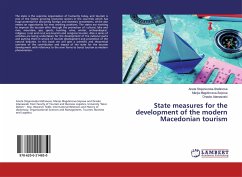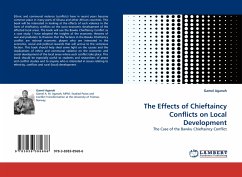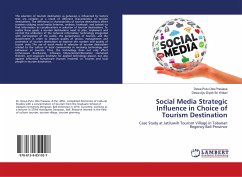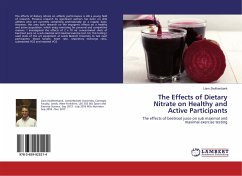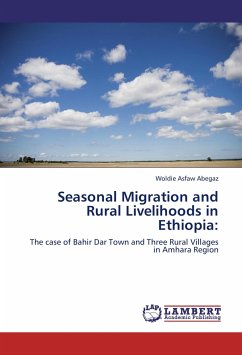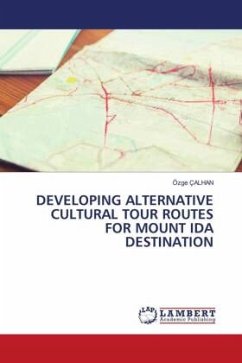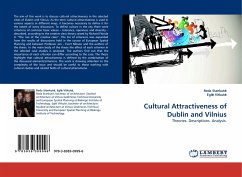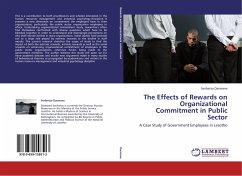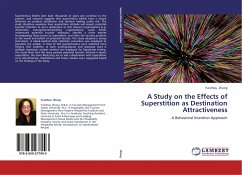
A Study on the Effects of Superstition as Destination Attractiveness
A Behavioral Intention Approach
Versandkostenfrei!
Versandfertig in 6-10 Tagen
39,99 €
inkl. MwSt.

PAYBACK Punkte
20 °P sammeln!
Superstitious beliefs date back thousands of years and continue to the present, and research suggests that superstitious beliefs have a robust influence on product satisfaction and decision making under risk. The study therefore examines how superstition attitude will impact potential tourists intention to visit a destination so that relevant organizations (e.g. destination management/marketing organizations) could better understand potential tourists behaviors, identify a niche market encompassing those prone to superstition, and tailor the tourism products to the needs and beliefs of potenti...
Superstitious beliefs date back thousands of years and continue to the present, and research suggests that superstitious beliefs have a robust influence on product satisfaction and decision making under risk. The study therefore examines how superstition attitude will impact potential tourists intention to visit a destination so that relevant organizations (e.g. destination management/marketing organizations) could better understand potential tourists behaviors, identify a niche market encompassing those prone to superstition, and tailor the tourism products to the needs and beliefs of potential tourists. The study adopted a survey instrument. A mixed-method data collection procedure was employed to populate the sample. A total of 323 questionnaires were collected from Virginia Tech students, at both undergraduate and graduate level. A multiple regression analysis method was employed for hypothesis testing. The study finds that the more positive potential tourists attitude is about superstition, the more likely they are to visit a destination with superstition as its attractiveness. Implications and future studies were suggested based on the findings of the study.



